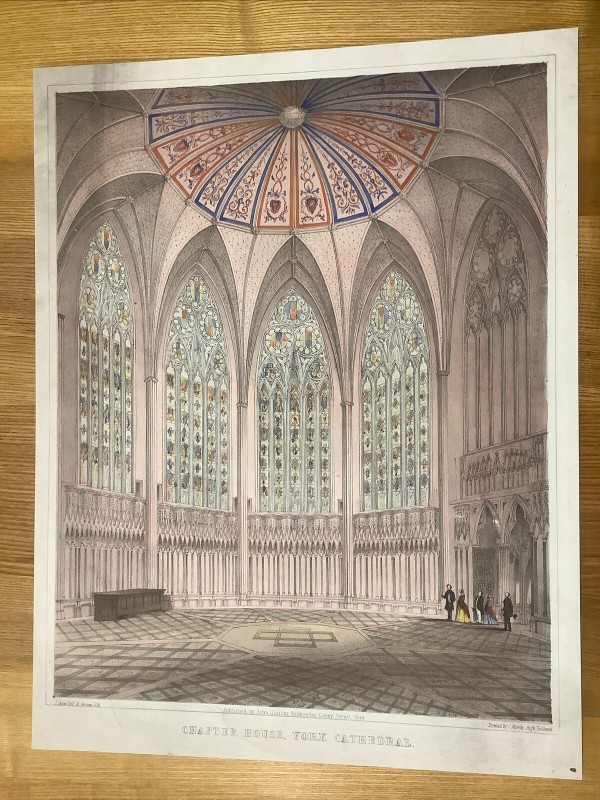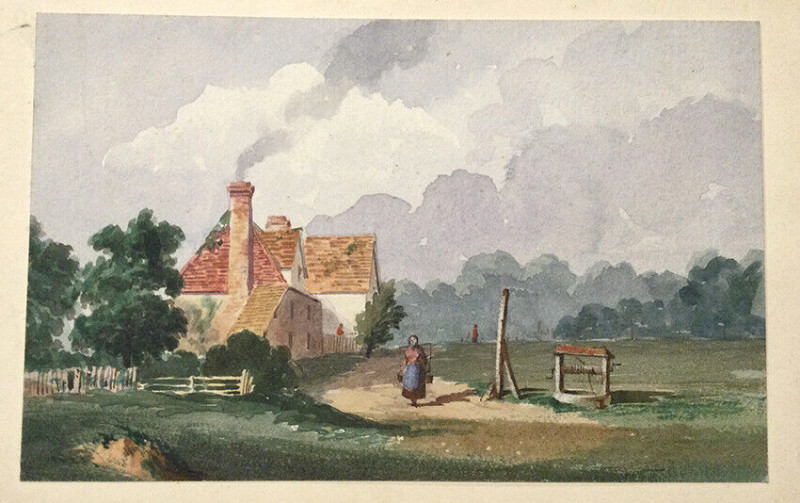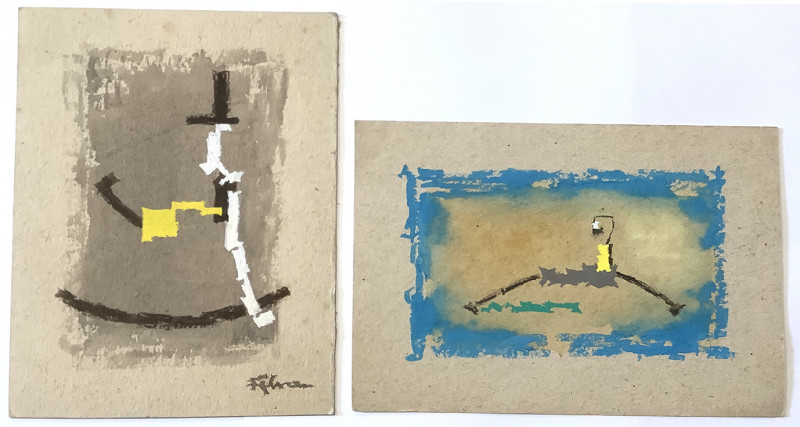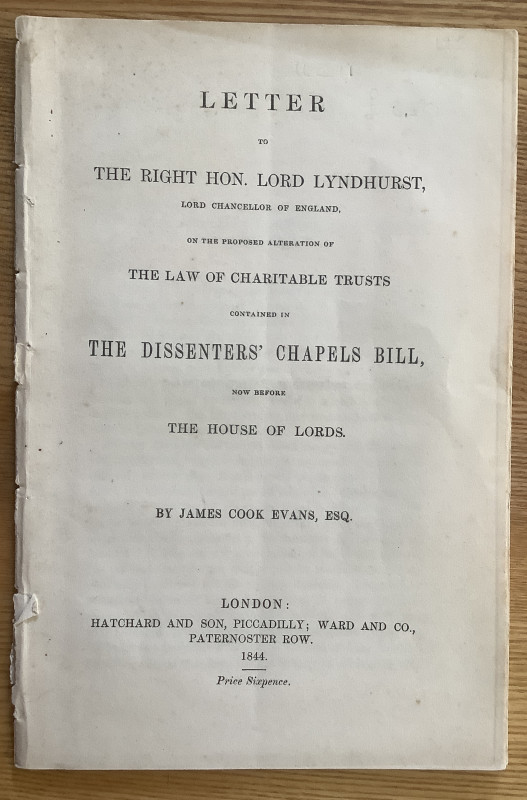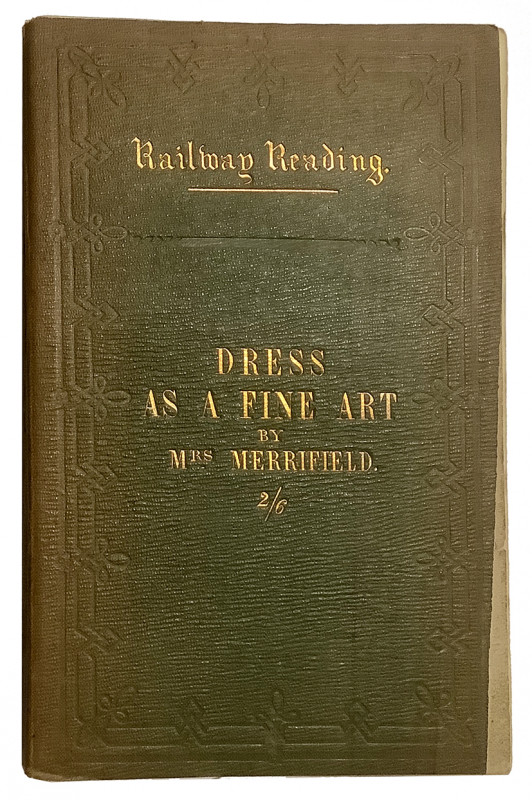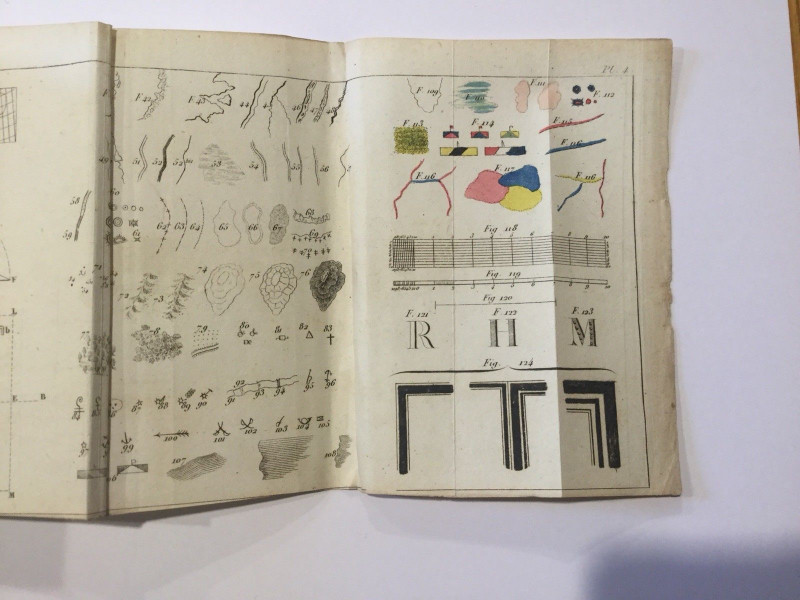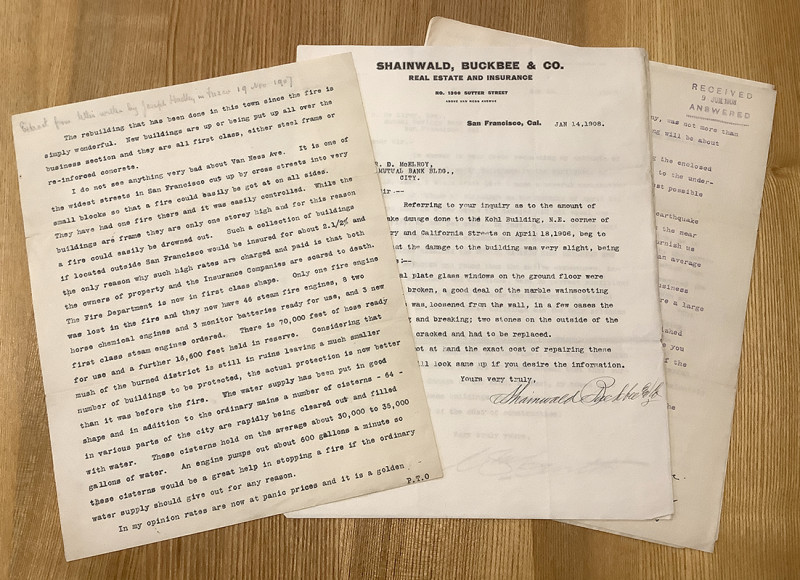How to Lay Out a Garden. 1858.
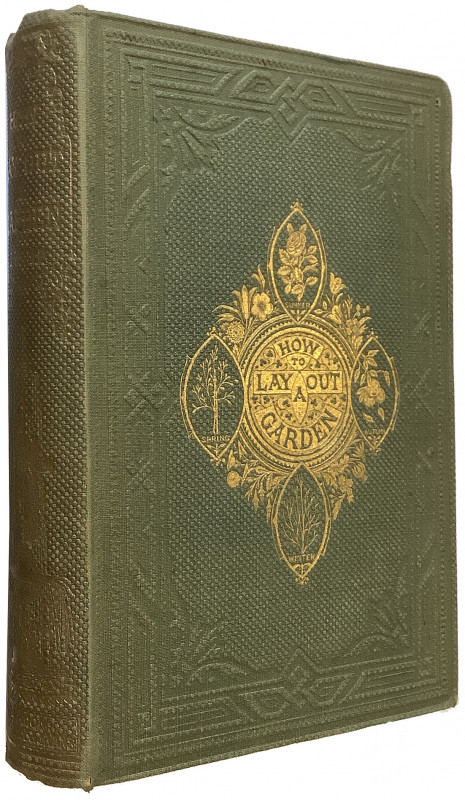

Book Description
KEMP, Edward. How to Lay Out a Garden: intended as a Guide to Amateurs in Choosing, Forming, or Improving an Estate, (from a quarter of an acre to a hundred acres in extent,) with reference to both design and execution. Second edition: greatly enlarged, and illustrated with numerous plans, sections, and sketches of gardens and garden objects. xxxi [1], 403, [1]p., half-title., 204 illustrations in the text. A very good copy in the original sage green gilt decorated cloth, all-edges-gilt. Front blank end-paper at some time removed, and light old waterstain to inner front board.
8vo. Bradbury and Evans. 1858.
~ Edward Kemp (1817-1891). His technical training was gained in the gardens of the Royal Horticultural Society at Chiswick, under Dr. Lindley, and subsequently in apprenticeship at Chatsworth under Sir Joseph Paxton. In September, 1843, at the age of twenty-five, he was made superintendent of Birkenhead Park, Liverpool, and the remainder of his life was closely connected with that particular enterprise. He designed a number of private places, several of which are illustrated and described in the various editions
of his books. His debut as a writer came in 1850, when he put out a small volume under the title "How to Lay out a Small Garden." This was an important work and became a great influence on the high-Victorian Mixed Style of garden design. For this second edition it had dropped the word ‘small’ and become a widely influential manual on the design of country estates. Among his major commissions were Hesketh Park, Southport, and Stanley Park, Liverpool, in which he continued Paxton's later trend towards increasing formality of design and the use of viewing terraces within the park.
Author
KEMP, Edward.
Date
1858
Friends of the PBFA
For £10 get free entry to our fairs, updates from the PBFA and more.
Please email info@pbfa.org for more information
